Years before his career-defining “McConaissance” with his Oscar-winning turn in 2013’s Dallas Buyers Club, Matthew McConaughey delivered a riveting – and wildly underrated – performance in Frailty, a religious, psychological horror film, which was the late Bill Paxton’s directorial debut. Telling the chilling tale of a family who purports that they have been called upon by God himself to go on a demon-killing spree, Frailty delves into spiritual themes while also dipping its toes into the supernatural. While the film itself is a thrilling puzzle of murder and mayhem, it revels in the gravitas lent by McConaughey to fulfill the potential of its intriguing plot. The result is a compelling conundrum between morals and faith, right and wrong, and what is true and what is not. If you haven’t had the chance to catch Frailty over the past 23 years, go check it out before reading on, as spoilers galore.
FBI Agent Wesley Doyle (Powers Booth) is visited by someone who introduces himself as Fenton Meiks (McConaughey), claiming to know the identity of the “God’s Hand” killer, a local serial killer still at large. Doyle is perplexed but gives his visitor a chance to explain himself. Fenton narrates how his father (Bill Paxton) was a regular suburban single dad who was visited by God one day in his dreams, ordering him to kill demons masquerading as innocent citizens. Fenton even shares his disapproval of the entire thing, how his father brainwashed his younger brother, Adam, how he was granted special weapons — an axe with “Otis” inscribed on its handle, a metal pipe, and a pair of gloves — by God, and how angels have given him the list of the demons in his vision.
Fenton then mentions that the graves of the victims are buried in Thurman Rose Garden. Doyle puts him in handcuffs and takes him to the garden to investigate and confirm the claim. Fenton details the story of his family’s first two victims: a nurse (a supposed murderer), and an older gentleman (a supposed child abuser), who they kill in their shed. His father grew weary of his son’s doubts and locked him in the cellar until he saw God, which he admitted to after a few weeks of isolation underground. Upon bringing their third victim — a rascal who verbally abuses his spouse — into the shed, Fenton’s dad orders him to do the deed. He hands him the axe, but in a shocking turn of events, Fenton drives the weapon directly into his father’s chest, killing him. Adam does not let the victim go, and grabs the axe himself, killing the supposed demon.
In the present, when Fenton and Doyle arrive at the garden, a shocking twist is revealed: the man Doyle is with is not actually Fenton, but Adam Meiks, and Doyle is on his list for killing his own mother. Adam has already killed his brother Fenton and has manipulated all the evidence to frame his dead brother for the murders. Adam overpowers the FBI agent and subsequently drives an axe into his head. The investigation of Doyle’s death is halted by divine intervention, as all the surveillance footage of the meeting between him and Adam is blurred by an unseen force, and the FBI finds Doyle’s wallet and a list of victims inside Fenton’s home, corroborating that he indeed is the “God’s Hand Killer.” When an FBI agent visits the county police to ask questions, it is revealed that Adam is the county sheriff, his duty to God all but finished.
What Makes Matthew McConaughey’s Performance in ‘Frailty’ So Good?
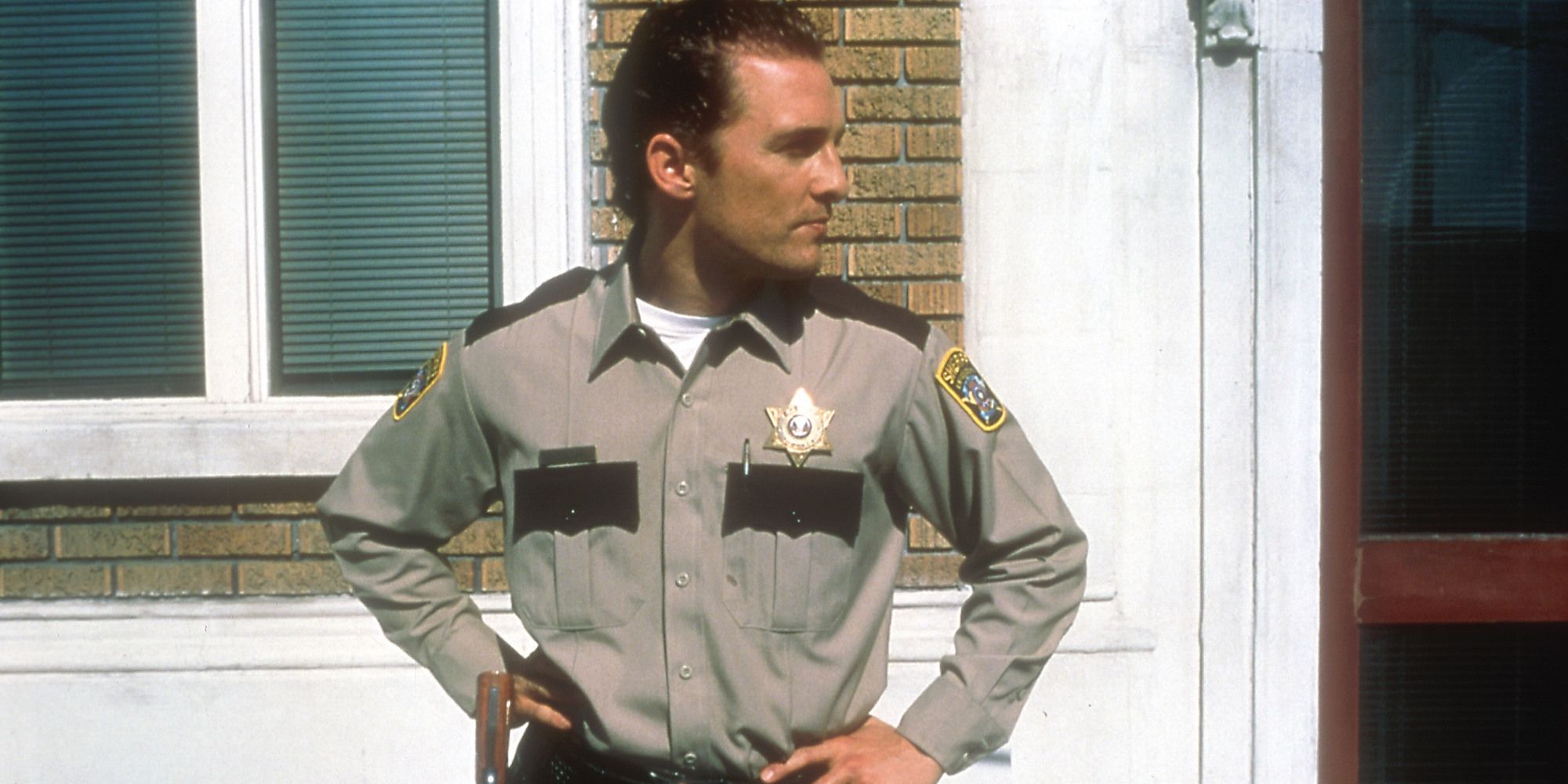
Despite not having the reputation he now possesses in 2001, McConaughey is at the top of his game in Frailty. There is a great sense of calculating, cunning control in his actions, perfectly hiding the sinister (or is it hallowed?) spirit brewing inside his physical form. The opening sequence, where his character comes to Doyle to provide information, is a great example of his subdued chaos. Immediately upon viewing his character introduction, one can surmise that there is something hidden beneath the layers of this seemingly innocent person. His eyes tell a story all by themselves, simultaneously carrying a myriad of emotions while remaining strangely lifeless. He stares directly at Doyle, his intimidating and weirdly magnetizing aura examining every fiber of his being. The subsequent reveal of Doyle being a demon — or at least, in the way Adam perceives reality — brings spectators to ponder back on their initial meeting. In just the opening moments of the film, McConaughey indirectly informs viewers that they are in for a ride, and what a ride it turns out to be.
One might argue that he benefited from the limited screen time that he had, given that the majority of the film materializes through flashbacks of the young Meiks brothers, but that is hardly the case. Rather, McConaughey steals every moment he is on-screen, making these little instances worth their weight in gold. It is also interesting to see how he utilizes his voice to deliver gut-punching lines. In Frailty, he speaks with a seemingly calm demeanor, akin to a cold-blooded murderer jaded by the acts he now deems to be mundane. When he drops the bombshell that he is indeed Adam and not Fenton, he does so with an unsettling passiveness, heightening the already eerie scenario. Having someone speak to you with indifference is much scarier than a villain shouting out their modus operandi, with their veins almost bursting out of their necks, and that’s exactly what the Fenton/Adam character calls for.
How Does ‘Frailty’ Compare to Other Matthew McConaughey Performances?
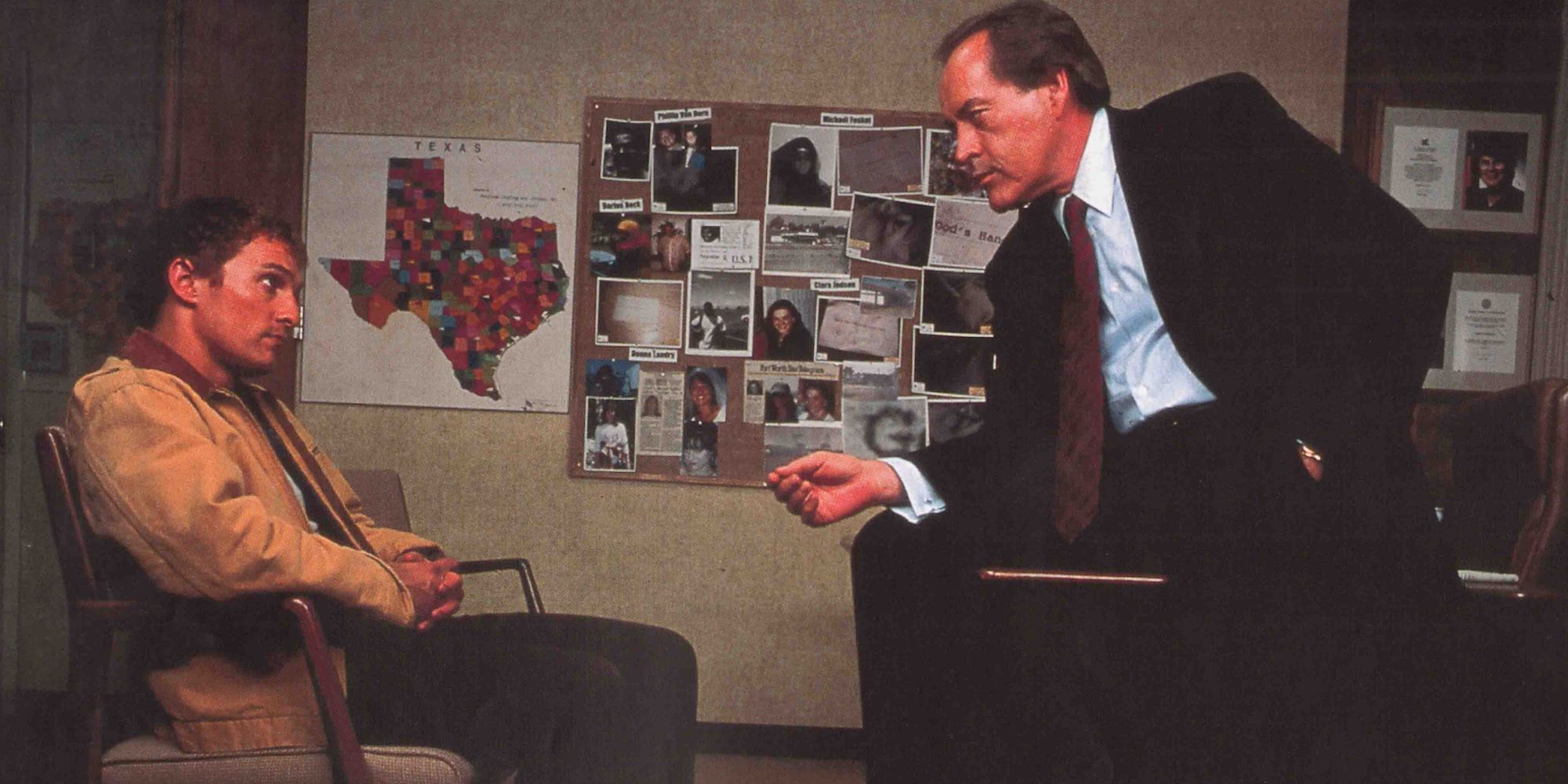
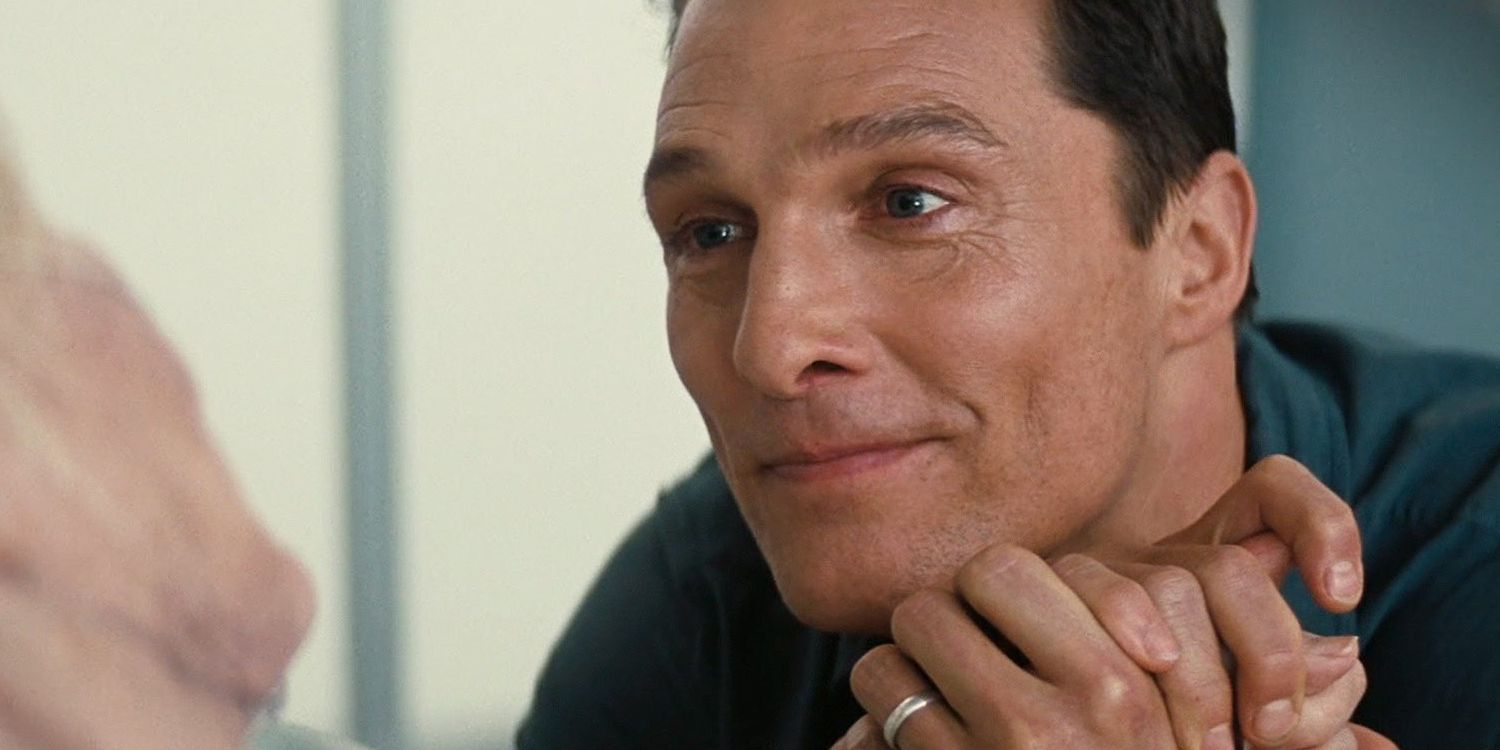
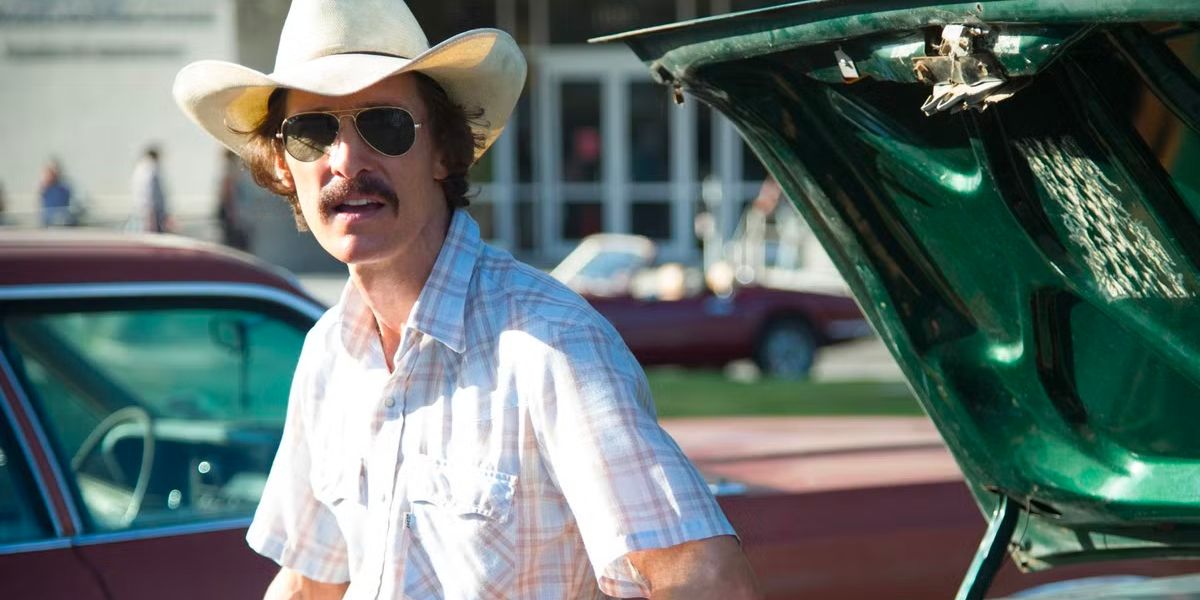
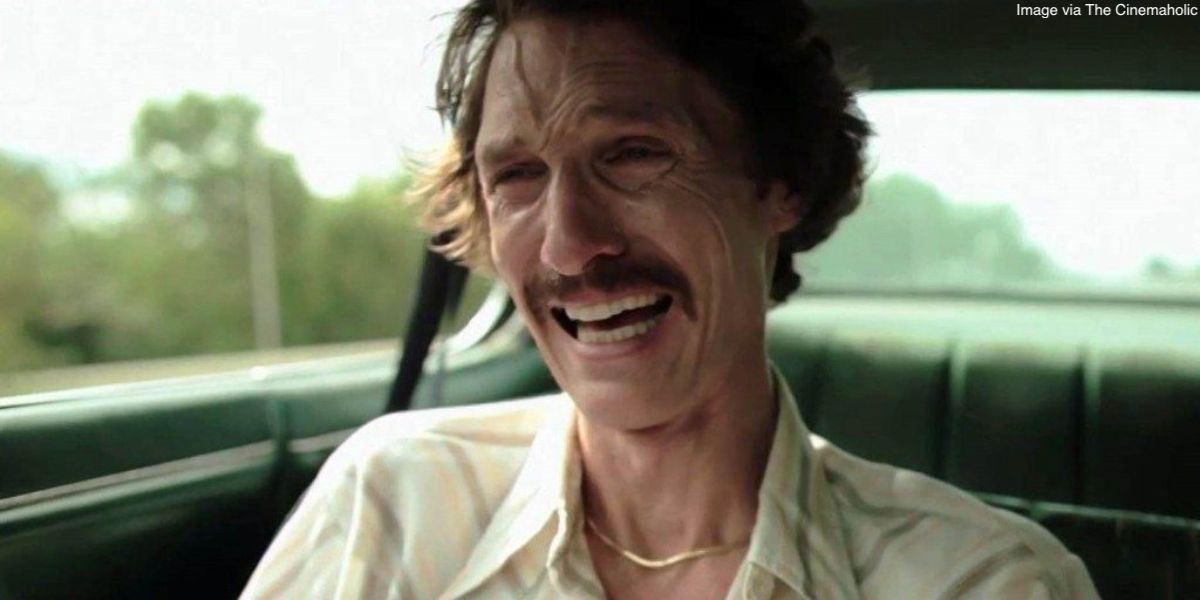
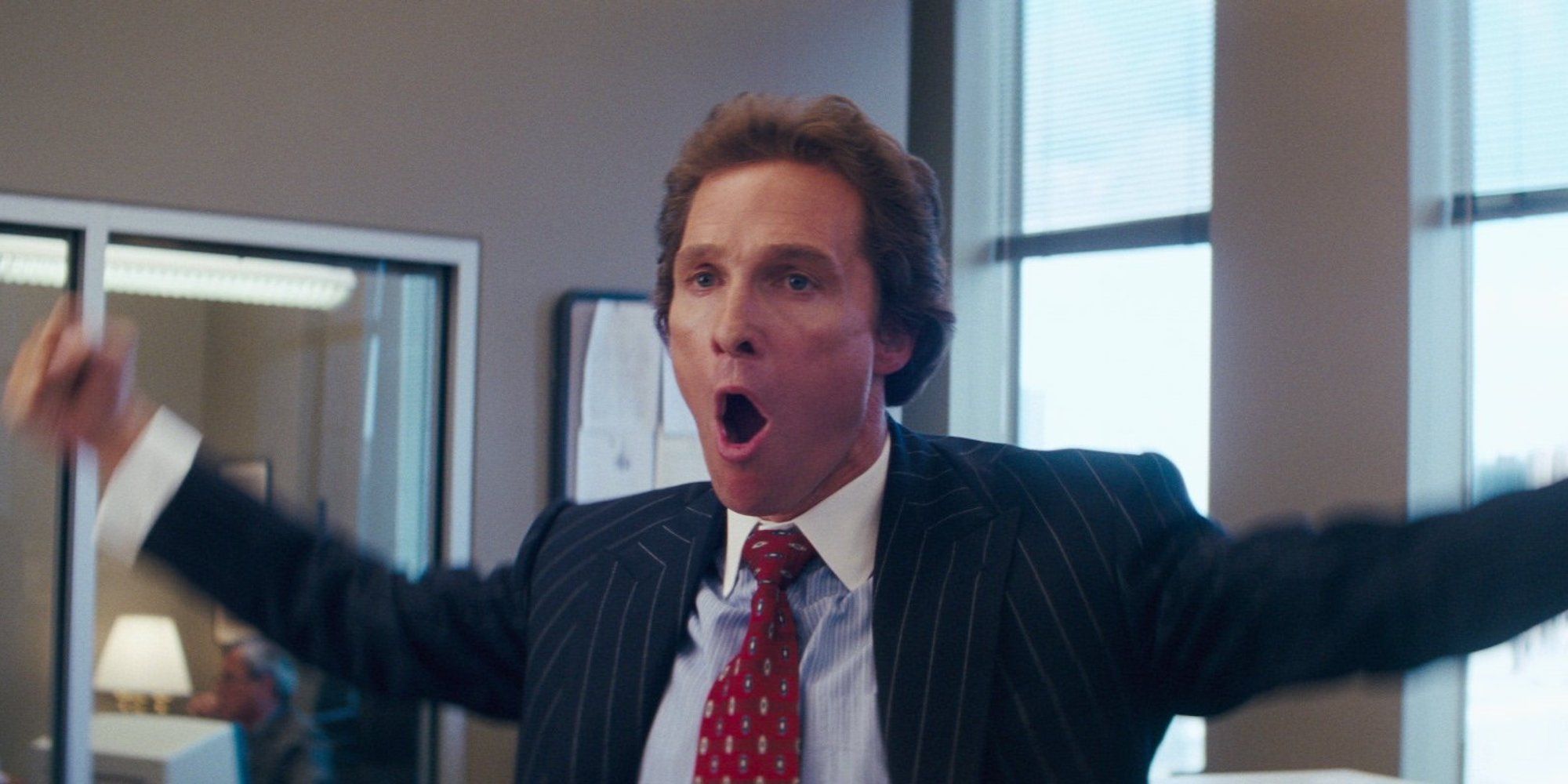
McConaughey stays in the pocket, serving the piece for what it needs, rather than brandishing a self-indulged soliloquy for attention. It is highly reminiscent of his future, more nuanced portrayals when he finally broke through the glass ceiling. There are shades of this performance in the enigmatic and verbose way Rust Cohle, one of his finest performances, speaks in the inaugural season of True Detective. Perhaps time is a flat circle after all, and the captivating nature of McConaughey’s acting chops is destined to repeat itself over and over, and over again.
How then does it rank among the pantheon of his performances? The objective truth is that it is one of his most underappreciated. Take Frailty into a DeLorean and release it in the mid-2010s, and it would fit right in with the McConaissance. His performance in this film may not have the same impact as his portrayals in Dallas Buyers Club, or Interstellar, but it is a compelling one nonetheless. Equal parts terrifying and entrancing, his systematic weaving between two characters in Frailty deserves more attention and is definitely one of the main reasons this film has to be re-watched.




